Autumn Budget Statement 2015: George Osborne’s prime ministerial ambitions rest on a U-turn over welfare cuts
Like a superhero, the Chancellor realises the spiked walls are moving towards him

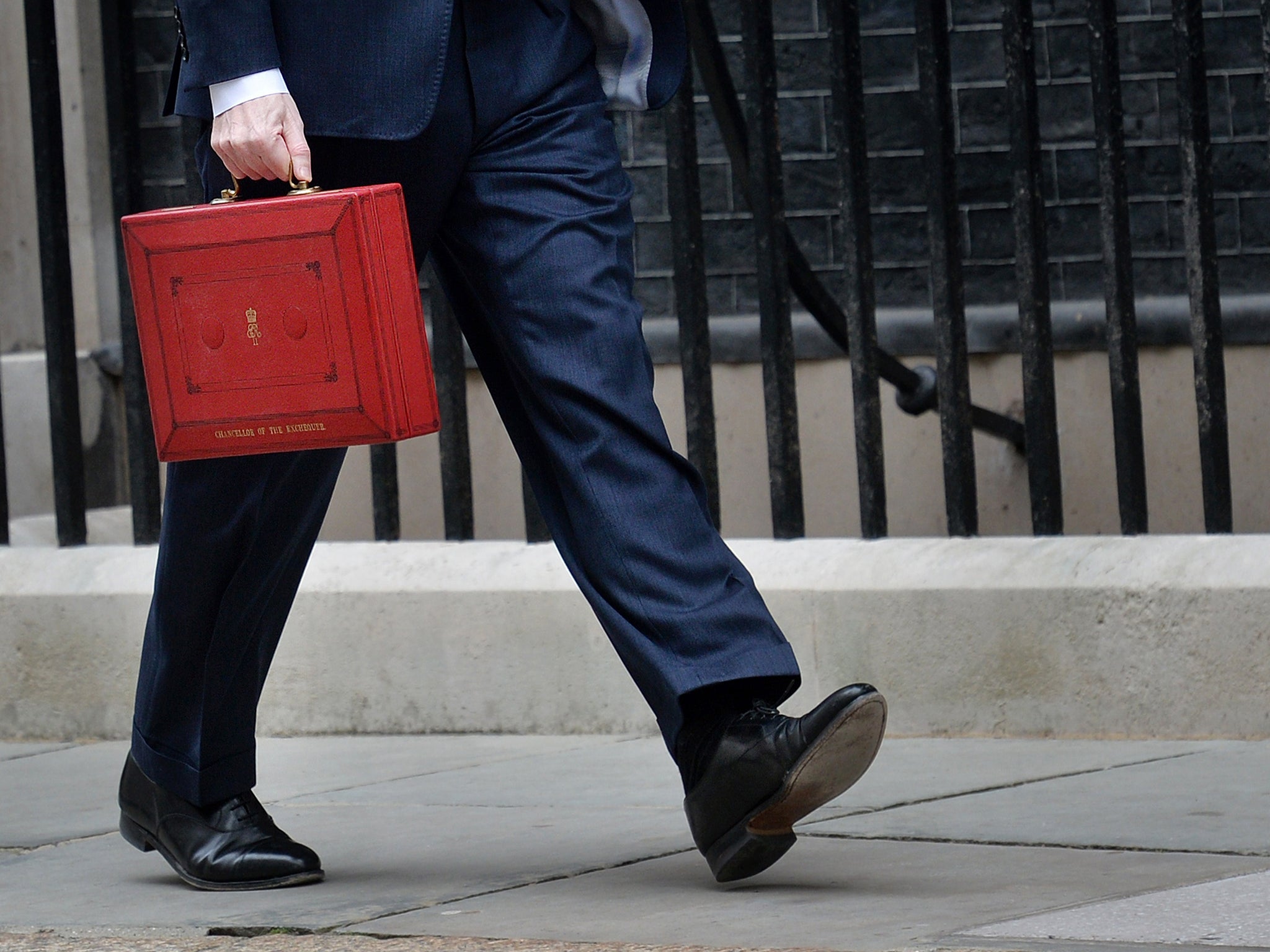
Beware chancellors who want to be prime minister. That wasn’t quite the theme of Friday’s “History of the Treasury” class at King’s College, London. A former chancellor, Alistair Darling, was the visiting speaker, and he found an unexpected supporter in Ed Balls, who wanted to be chancellor and is now a visiting professor. Professor Balls said: “There is something about chancellors who become prime minister.” He was referring to the way Gordon Brown refused to acknowledge the depth of the financial crisis in 2008.
This was “odd”, said Balls, because Brown had been chancellor himself and so was aware of the need to manage expectations and to err on the gloomy side of dismal. But he was furious when Darling gave an interview in August 2008 saying the gathering financial crisis was the worst for 60 years.
Balls pointed out that John Major had disagreed with his Chancellor, Norman Lamont, because Major wanted to promise in the 1992 election not to raise the tax burden. Balls said: “You can imagine Lamont saying to Major: ‘You cannot possibly think this is a good idea. You have been Chancellor, we have a huge deficit, and we are going to have to put up taxes.’ ”
It was interesting that Balls appeared to take Darling’s side in his dispute with Brown. Sitting next to Balls, who wanted his job, Darling said: “If I was giving advice to anyone, I’d say: ‘Don’t become chancellor if your boss is the last chancellor’.”
This lesson in recent history may be relevant to this week’s mini-Budget, because George Osborne, a typical chancellor, was trying to get the tough decisions taken early in the parliament in the hope that the tourniquet can be loosened in time for the next election. But he is also a chancellor who wants to be prime minister, which means, like Brown after the 2005 election, that Osborne is looking for the votes of MPs and party members who will choose the next leader.
That is why Osborne is making such a prompt U-turn after trying to squeeze the so-called welfare budget too hard with his proposed cuts in tax credits. That was a tough decision all right, but it hit the working poor who are the party’s target market. How precisely he will reverse that decision on Wednesday we don’t know, but several billion pounds will be found from somewhere.
Welcome as that U-turn will be, I suspect that the Chancellor will once again fail to publish the chart that shows the impact of his measures on different income groups. Even with tax credits partly restored, the Autumn Statement is likely to take more from the poor than from the better-off. This refusal to be straight is one of the ways in which Osborne is becoming ever more like Brown. Just as Brown didn’t want to admit how bad the financial crisis was, Osborne doesn’t want to admit that his changes will increase inequality. It is pointless: in Osborne’s case because the Institute for Fiscal Studies will publish the figures for the distributional impact the next day.
The Chancellor is like a superhero who realises that the spiked walls are moving towards him. Last week’s figures for government borrowing were worse than expected, so he does not appear to have much scope for the traditional rabbit-hat routine. Certainly not if, on top of rescuing the tax credits mess of his own making, and on top of extra funds for the NHS where Jeremy Hunt has managed to produce one of the few 98 per cent votes in a democracy – for strike action by junior doctors – he also has to find more money to meet the threat from the so-called Islamic State. This means cuts in unprotected spending have to be even deeper. To which some people, such as Fraser Nelson, editor of The Spectator, blithely respond that these unprotected departments were cut by 20 per cent in real terms in the past five years and the roof didn’t fall in, despite not being fixed and the sun only sometimes shining.
But the point made by Ian Hudspeth, the leader of Oxfordshire, David Cameron’s county council, is that the easier cuts have all been made. Of course, the public sector ought always to be trying to do more with less, as the private sector has to, but that is simply not possible in areas such as personal care.
Our ComRes poll also suggests the Chancellor’s popularity is drifting: 44 per cent of people have an unfavourable view of him, 25 per cent favourable. He must look enviously at Boris Johnson’s numbers, which are almost the reverse, and even at Theresa May’s, with a 29 per cent favourable rating and 33 per cent unfavourable.
The usual procedure at this point is for the Treasury’s great minds to come up with a stratagem that prompts journalists to declare that, with one bound, the Chancellor is free.
I am not so sure. Perhaps I’m doing Osborne’s expectations management for him, but as far as I can see, the walls are still closing in on him.

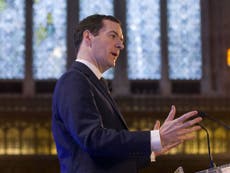
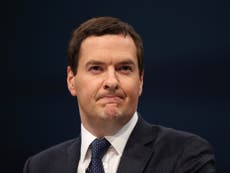





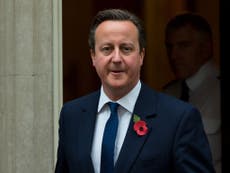
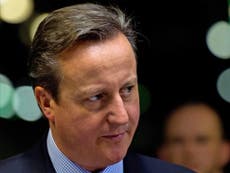
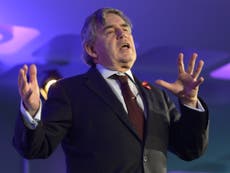
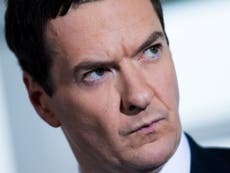
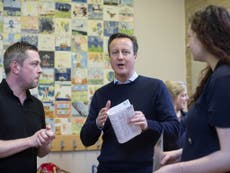
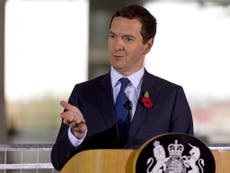
Join our commenting forum
Join thought-provoking conversations, follow other Independent readers and see their replies